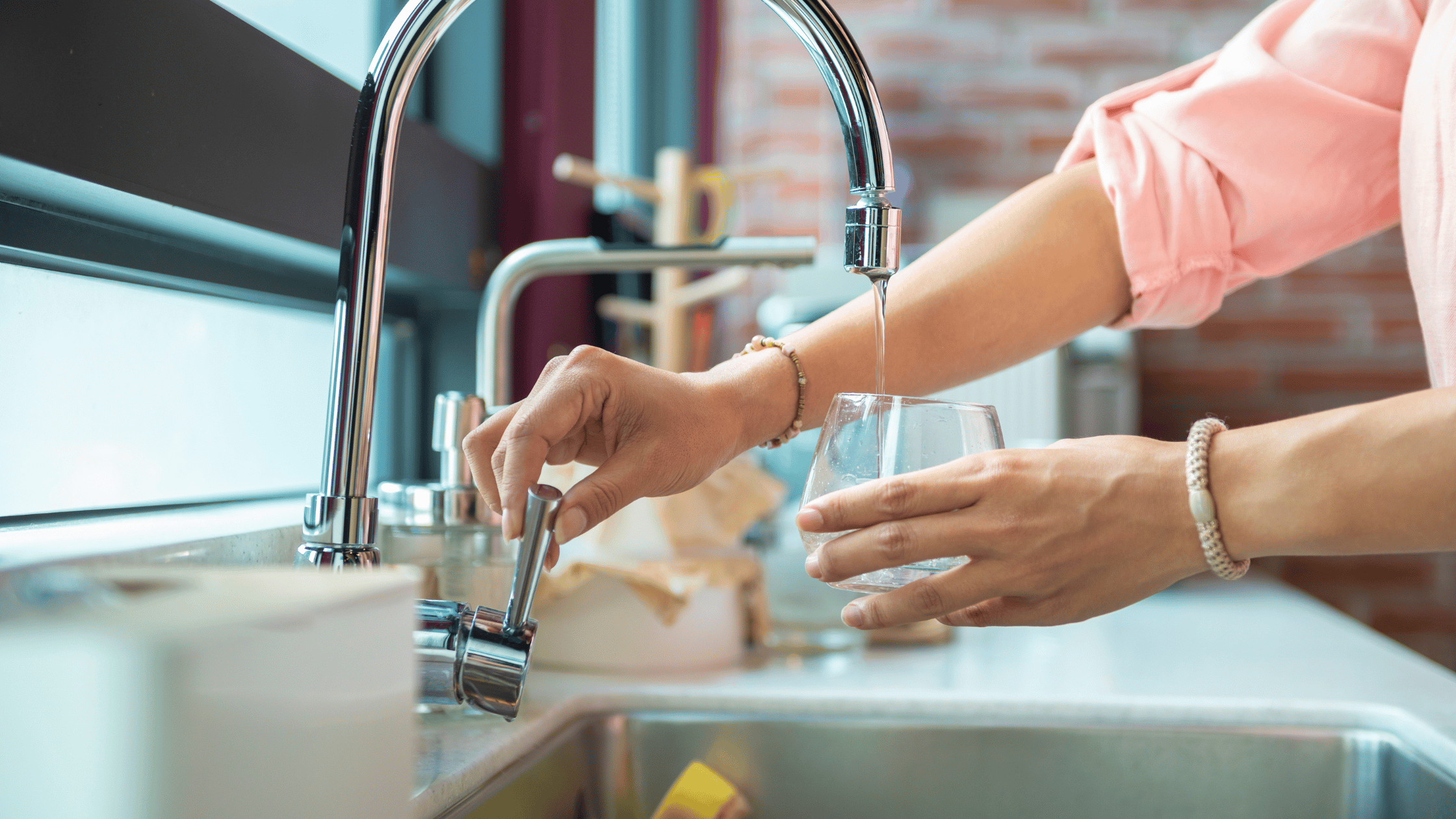
Up to 40% of people age 65 and over may be chronically under-hydrated. Many age-related factors can contribute to dehydration. Thankfully, there are just as many ways to combat it.
For seniors and their caregivers, it is critical to monitor and encourage water intake. Underhydration and dehydration can pave the way for (or cause) many serious health impacts in the elderly, including confusion that can lead to falls, urinary tract infections (UTIs), heat stroke, kidney failure, heart problems and blood clot complications.
“Hydration is one of those issues with the elderly where we often don’t know there’s a problem until it’s too late,” says Dr. Colt, medical director for Gary and Mary West PACE. “Pay attention to changes with urination frequency, headaches, irritability, increased confusion, cramping and dizziness, as these symptoms can all be signs indicative of insufficient hydration.”
While remembering to drink water can feel like a chore, it’s easy in comparison to what can happen when you don’t. Whether you’re trying to keep an elderly loved one well hydrated or looking for ways to stay hydrated and healthy yourself, these tips will come in handy:
- Opt for foods with high water content. Foods that are rich in water—fruits like berries and watermelon or vegetables like lettuce, tomatoes and celery, for instance—pack a double punch for your health in the best way. Not only are you feeding your body the vital nutrients found in these healthy foods, but you’re also benefiting from their innate hydrating qualities. Try incorporating more water-dense foods into your meals on a consistent basis.
- Build water into daily routines. Look for places in your existing daily routines where you can easily add on drinking a glass of water. For instance, drink a full glass of water upon waking, with every meal and when taking medication. These additions here and there might seem insignificant, but they add up throughout the day, and over time, can become habitual. Avoid caffeine and alcohol which can contribute to dehydration.
- Keep water everywhere. Be diligent about always having water nearby. Keep a bottle (or even better, a case) of water with you at home, in your car and with you wherever you go. Make it your goal to never be without it, and when you see it, sip it!
- Purchase a ‘smart’ water bottle or set a timer to drink water on a schedule. A ‘smart’ water bottle is a reusable insulated drinking vessel that reminds you to drink water. These water bottles will glow, vibrate or make noise (depending on which model you buy) when it’s been a while since your last sip. If that feels a little too hi-tech, set a regular kitchen or phone timer to stay on schedule with your water consumption.
- Keep it interesting by mixing things up. Tired of drinking water all the time? Try infusing different fruits for a ‘spa water’ experience or consider adding electrolytes. Or talk with your doctor about other healthy alternatives to try.
Our bodies need water to function, regardless of our age. Prioritizing adequate hydration will have a positive ripple effect on your health.
If you or a loved one are 55 or older, live in North County San Diego, and meet state requirements for nursing home level of care, contact West PACE today to see if enrolling in our program is right for you. We can also answer any questions about the recent Medi-Cal expansion and can coordinate a tour of our center. Call 760-280-2230 or email us today.